Inverness councillors meet on Thursday and are expected to give the green light to a range of new city developments.
Taken together, they’re part of a multimillion pound investment in the city.
Here’s our round-up of the big Inverness developments on the horizon.
Riverside one-way system is here to stay
Councillors have already approved the traffic order that created a one-way system and cycle lane at Riverside Way.
The plan had a mixed reception when it was first trialled, with the local community council claiming it made ‘rat runs’ of the neighbouring streets.
However, council planners say the changes encourage more active travel.
In May and June this year, 1,713 people walked or wheeled along Riverside Way, and 538 cycled. That’s more than half of all journeys.
The council’s roads team has worked with local community groups to address their concerns about nearby congestion. They say they’ve come up with six different ideas to ensure traffic isn’t pushed into nearby streets.
Councillors will get a verbal update on Thursday about these design tweaks, and the outcome of recent public meetings to discuss the plan.
Inverness city committee is asked to approve construction to make the one-way system permanent.
If agreed, work will start in spring and be complete by the end of the year.
Raigmore Interchange active travel moves forward
The Scottish Government has provided £1.14m to improve active travel on the busy Raigmore interchange.
Highland Council enlisted consultants to explore a range of design options. After a lengthy period of discussion and public consultation, it now has a plan.
The option going before councillors on Thursday is for an active travel route cutting straight through the central roundabout. There are also plans for more safe crossings for walking, wheeling and cycling.
If it gets the green light, the council will move on to the technical design stage.
Like Riverside Way, work on the Raigmore Interchange is expected to start in the spring.
Academy Street could be closed to private cars
The busiest street in Inverness is about to get a makeover. Councillors will meet on Thursday and consider two options for Academy Street.
Under both options, the widened pavements brought in during the pandemic will be made permanent. The council will also add more pedestrian crossings.
However, what’s up for discussion is a radical plan to ban private cars from using the route.
Currently, somewhere between 8,500 and 9,500 cars, vans, lorries and buses use Academy Street every day. Traffic stats suggest around half of that is through-traffic – rising to 75% in morning rush hour.
Council planners want to vastly reduce those numbers by banning private cars. The street would only be open to public transport and people walking, wheeling or cycling. Blue badge holders and delivery vehicles would also retain access.
Crucially, this plan would unlock a share of £320m Scottish Government funding.
Alternatively, councillors could vote to retain tw0-way car traffic in the busy street. But this means the city would most likely miss out on the Places for Everyone cash.
If councillors vote to ban private cars, the council will put a bid in to the Scottish Government fund.
However, if history’s anything to go by, it’s likely to prove a controversial decision.
Inshes junction road closure nailed down
The notorious Inshes junction is a puzzle that has had Highland Council scratching its head for many years.
The council has allocated capital funding for improving safety and traffic flow at the busy roundabout.
This time last year, Inverness committee members agreed to a ‘stopping up order’ at Beechwood House Road.
Highland Council has already completed the construction works, so Inverness councillors simply need to agree the permanent ‘stopping up’ order.
Whin Park rescue package moves a step closer
Whin Park is arguably the jewel in Highland’s crown as far as play parks go. Yet it’s fallen into disrepair in recent years, with much of the play equipment condemned.
To put that right, Inverness councillors will decide on Thursday whether to allocate £10,000 for a feasibility study. Half this money would come from Inverness Common Good Fund and the remaining £5,000 from existing ward funds.
If agreed, the feasibility study will look at a range of improvements. These include a refurbished toilet block, improved shop, paths and drainage, new signage, a covered outdoor area, and additional parking.
This summer, Whin Park attracted around 7,000 visitors every month, and Highland Council hopes to restore it as a “key destination park” for the city.
Are you interested in more exclusive and breaking Highland and Islands news from the P&J? If so, why not join our dedicated new Facebook page HERE
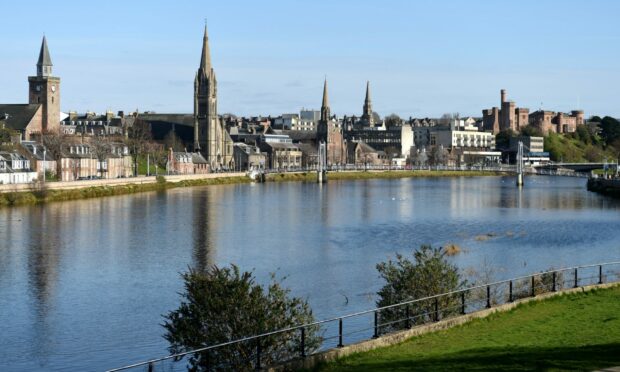
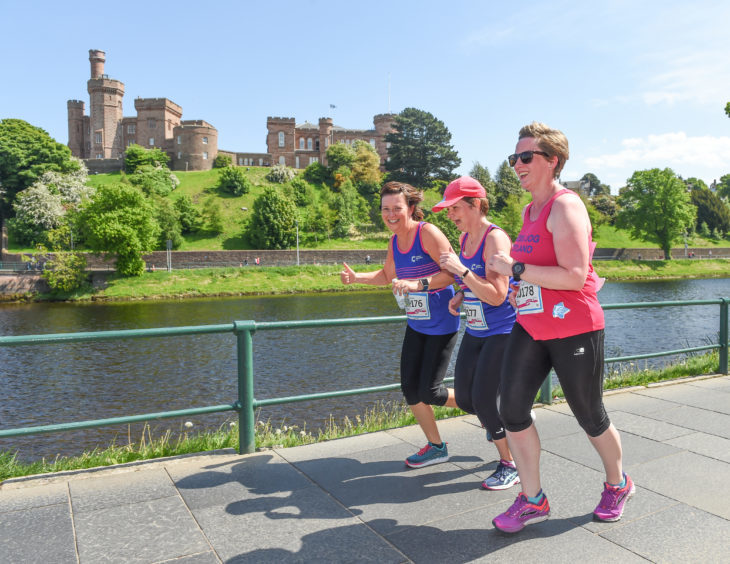
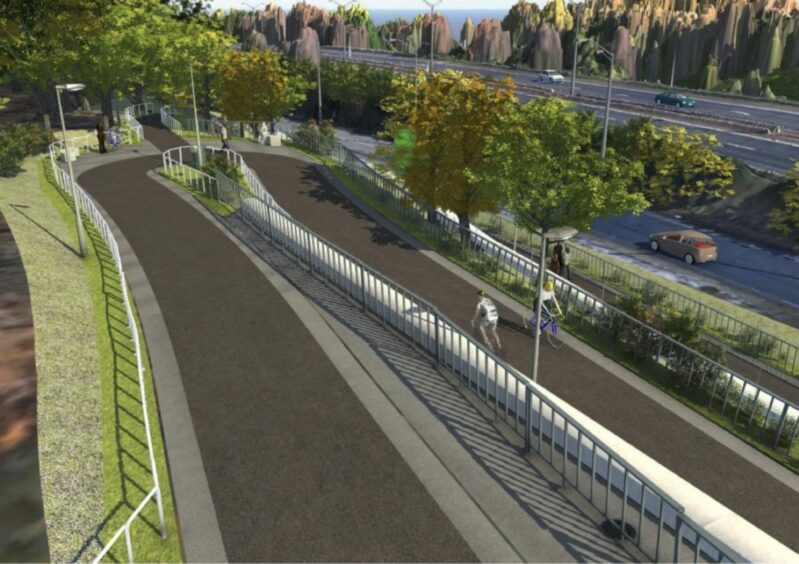

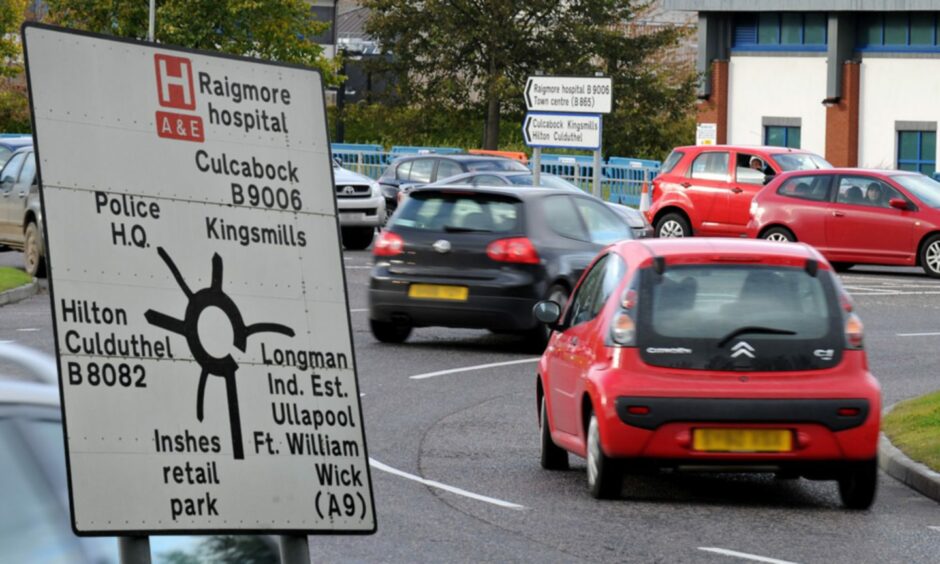
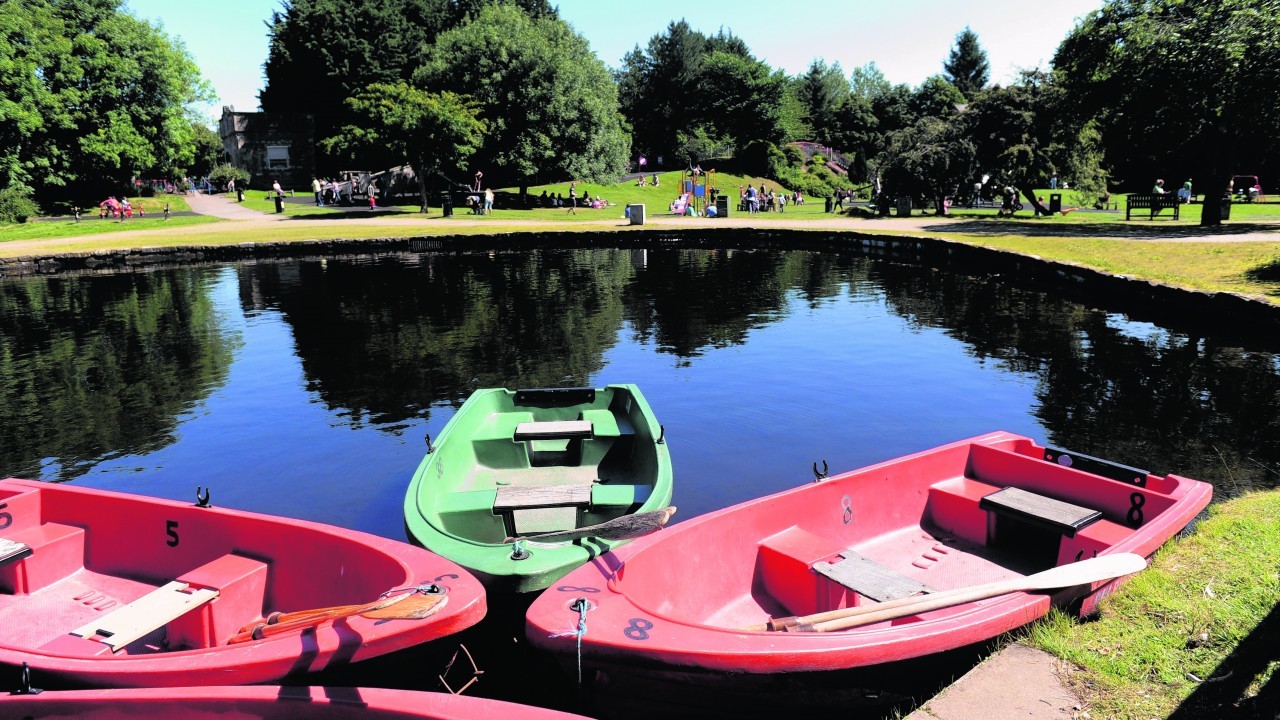
Conversation